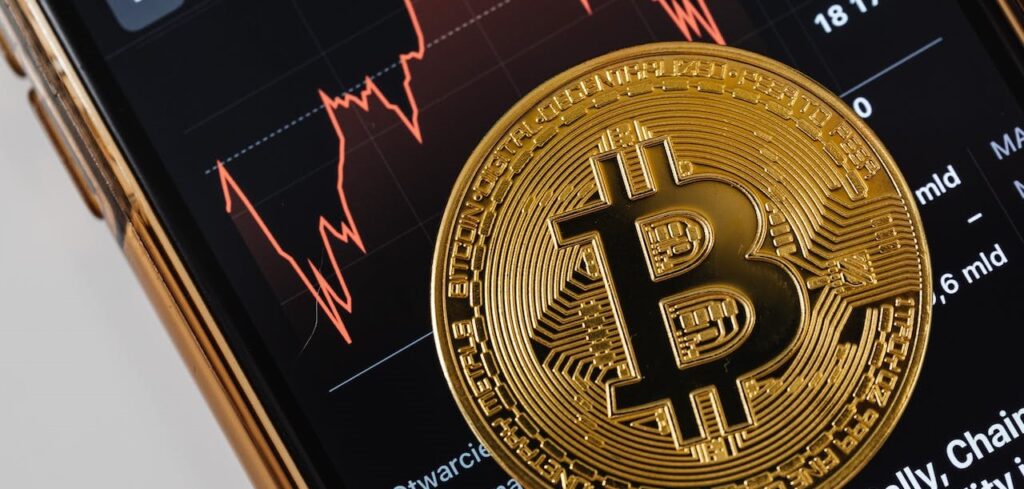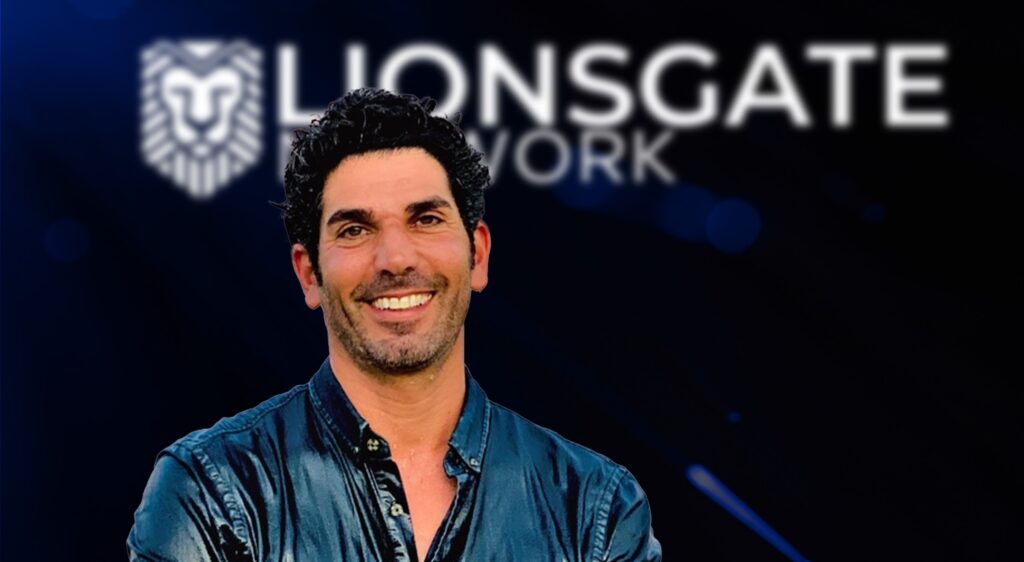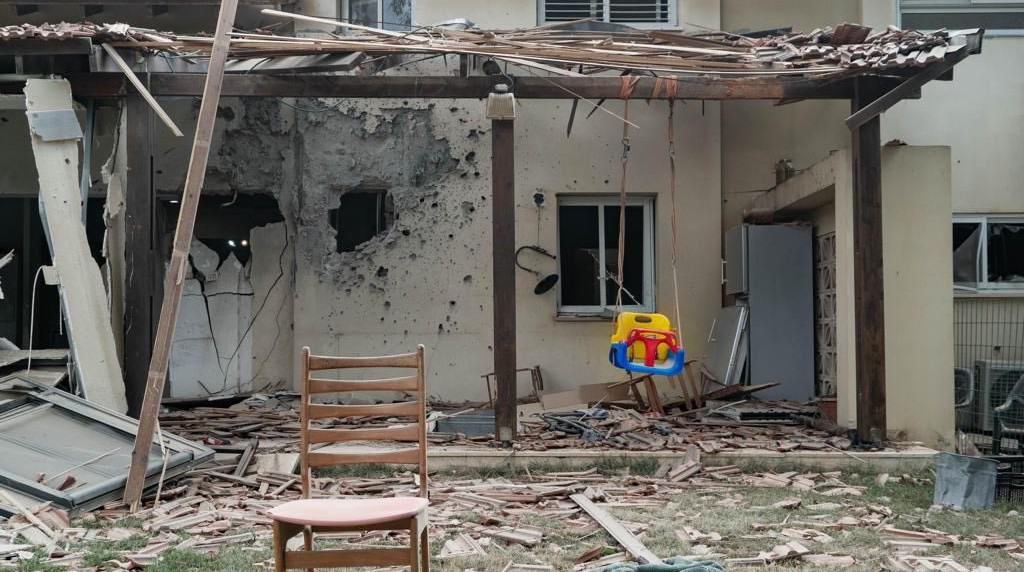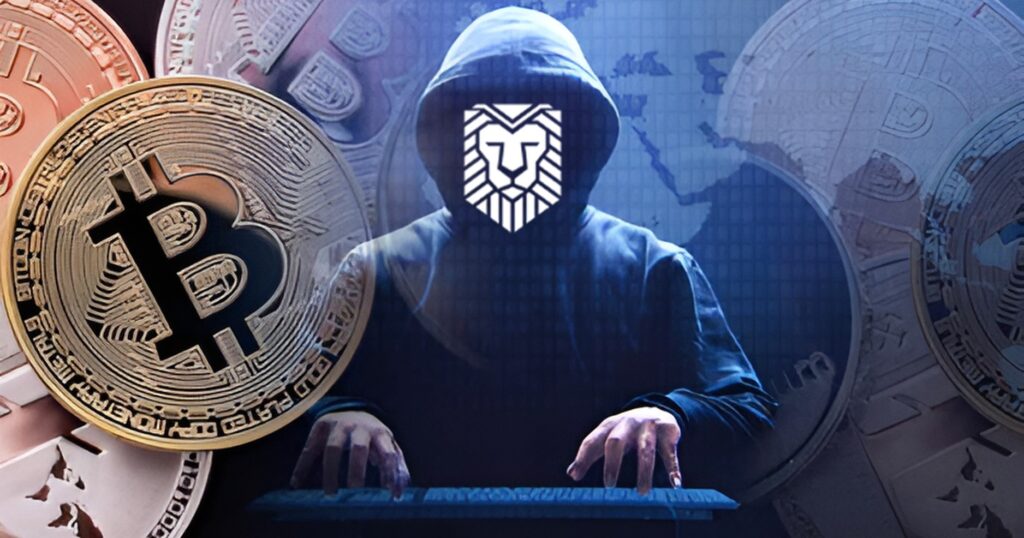Choking off Hamas’s money sources is just as crucial to defeating the terror group as waging war on the battlefield in Gaza, says cryptocurrency expert Bezalel Eithan Raviv, who has declared war on the organization’s secret digital avenues of funding.
Raviv is the founder and CEO of Lionsgate Network, a relatively new, Tel Aviv-based company that helps clients retrieve their swindled cryptocurrencies. And so far, Lionsgate Network has used its sleuthing skills to track down $90 million worth of cryptocurrency owned by Hamas.
Lionsgate Network was drafted by the Defense Ministry to track down the digital funds covertly raised by Hamas following the October 7 massacre in southern Israel carried out by the terror group.
“We are a young startup, 14 months old,” Raviv tells NoCamels. “People from all over the world who have lost access to their crypto assets contact us to figure out where their money is, who it is with and how they can get it back.”

He was contacted through a friend whose work at the ministry involved the aftermath of the October 7 attack, in which 1,200 people were murdered, thousands more wounded and hundreds abducted to Gaza.
She informed Raviv that the authorities had identified a number of crypto wallets believed to belong to Hamas and that contained funds for the terror group.
A crypto wallet is an app that works as a virtual wallet for cryptocurrency. And just as a real wallet holds your cash and credit cards, the virtual version contains the passkeys needed to gain online access to your cryptocurrency and the transactions you carry out with it.
According to Raviv, the methods that his company uses to track down stolen currencies are just as useful in hunting illicit Hamas funds.
“There are 13 different scenarios that we take care of,” he says. The thirteenth was added in the past few weeks and deals solely with Hamas.
“We use the same process that we do all the time. We take our wallet and look into first of all what kind of money is accepted, when it was transferred, who is the identity sending the funds,” he explains.
“This is a tricky, complex thing,” he says, as a wallet address is essentially random numbers and letters.

Raviv tells NoCamels that Hamas is indeed raising money via cryptocurrency, and is using fake charities abroad to do so.
“We were able to cross reference that campaigns to aid Gaza and its poor people [were] a terror operation to raise funds through the naivety of people in Europe and the United States,” he says.
Inside Gaza, he explains, Hamas officials can go to a bureau, access the wallets and exchange the crypto funds for cash, which they then use to buy goods and pay the group’s members.
From Composing To Crypto
It was Raviv’s previous career as a musician – including his experience as a pop sensation in Tunisia a decade ago – that led to him becoming a crypto expert.
Sign up for our free weekly newsletter
SubscribeAs a singer-songwriter, he realized that he would have to take steps to ensure that his music was owned by him alone and decided that blockchain technology would be the best way to go.
A blockchain is a digital ledger that records transactions, including cryptocurrency. It is all public and decentralized across multiple computers so that the records of those transactions cannot be altered retroactively by just one source, making any nefarious activity extremely difficult.
This process led Raviv to understand that there were people who had been duped into handing over their crypto assets. He was determined to help them, and so Lionsgate Network was created.
“It is quite an interesting process, to be honest,” he says.
“In cryptanalysis and blockchain analysis you see things that are not transparent to the naked eye.”

Lionsgate Network uses a range of methods to identify the owners of these wallets, including scouring the web for any digital link to suspicious wallets, such as social media mentions or even Linkedin accounts to uncover the identity of the owners.
But the company really relies on what Raviv describes as its ”secret sauce” – a proprietary method it has devised to help its clients.
“We’re using everything that we can and a very specific tactic to figure out the person behind the numbers and the figures,” he says.
“When we do that and it is a successful operation, then you can either claim the funds back, activate sanctions or seize the funds.”
According to Raviv, this means that once the owner of a wallet is solidly proven to be connected to Hamas, the Defense Ministry can ask a judge to authorize the confiscation of the funds.

Raviv is now lobbying for those confiscated funds to go to the Israeli communities where Hamas terrorists went on the rampage on October 7 – killing and wounding civilians, blowing up and burning down houses and even stealing their property.
He believes that the terror group has reserves of cryptocurrency worth billions of dollars, spread across multiple wallets – and those are in his crosshairs.
“There are big wallets that are funding terror in the Middle East, and we’re definitely putting an eye on those wallets,” he says.
“The wallets are not making any movements, but we have tactics to get them to basically expose themselves. We’re working on this as we speak.”
Related posts

Editors’ & Readers’ Choice: 10 Favorite NoCamels Articles

Forward Facing: What Does The Future Hold For Israeli High-Tech?

Impact Innovation: Israeli Startups That Could Shape Our Future




Facebook comments